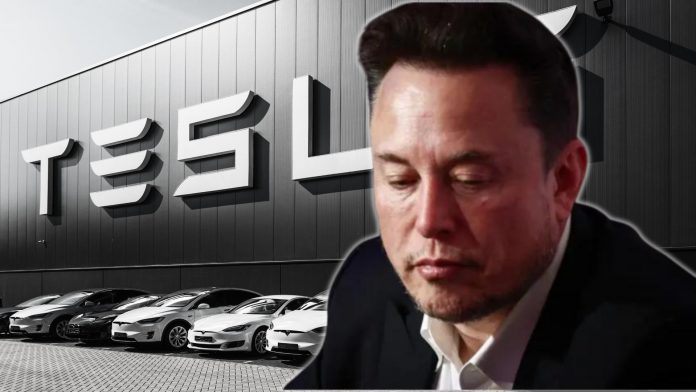On January 30, a Delaware judge dismissed Elon Musk’s record-breaking $56 billion Tesla bonus package, describing it as “an unfathomable sum” that was unjust to shareholders.
The Tesla board has been chastised for failing to oversee its belligerent, headline-grabbing CEO, who has battled authorities while also leading multiple other companies.
The decision, which is subject to appeal, voids the biggest compensation package in corporate America. The judge determined that the directors, who were seemingly under Musk’s influence, actively negotiated the share-based pay.
In 2018, Tesla finalized a 10-year salary agreement with Musk. Taking into account Musk’s cost of exercising the options, the agreement is evaluated to be worth $51 billion. According to Forbes magazine, this would account for over a fourth of his $210.6 billion fortune.
Moreover, this ruling comes as Tesla prepares for another round of negotiations with Musk regarding his compensation. Earlier this month, Musk stated that he could not lead Tesla without having 25% of the voting power. Professor Brian Quinn from Boston College Law School says that the board process, as described through the directors’ testimony, is unlikely to approve Musk’s recent demand of 25% ownership, as the billionaire currently owns only around 13% of the company. He added that Musk’s demand is “dead on arrival.”
According to an article by McCormick, many of the directors on Tesla’s board, including James Murdoch, the son of media mogul Rupert Murdoch, and Kimbal Musk, Elon Musk’s brother, lacked independence. Ira Ehrenpreis and Robyn Denholm, two other current directors of Tesla, also lacked independence in their pay decisions.
The judge’s decision further requires the company to replace at least three directors with independent board members before it can negotiate a new compensation plan for Musk, according to Ross Gerber, president and CEO of Gerber Kawasaki Wealth & Investment Management and a Tesla investor. Gerber added that “Tesla’s entire corporate structure is unsuitable for a public company.”




